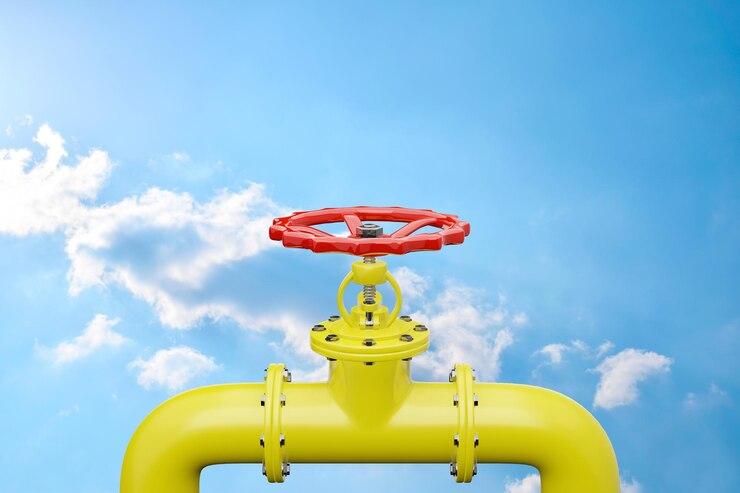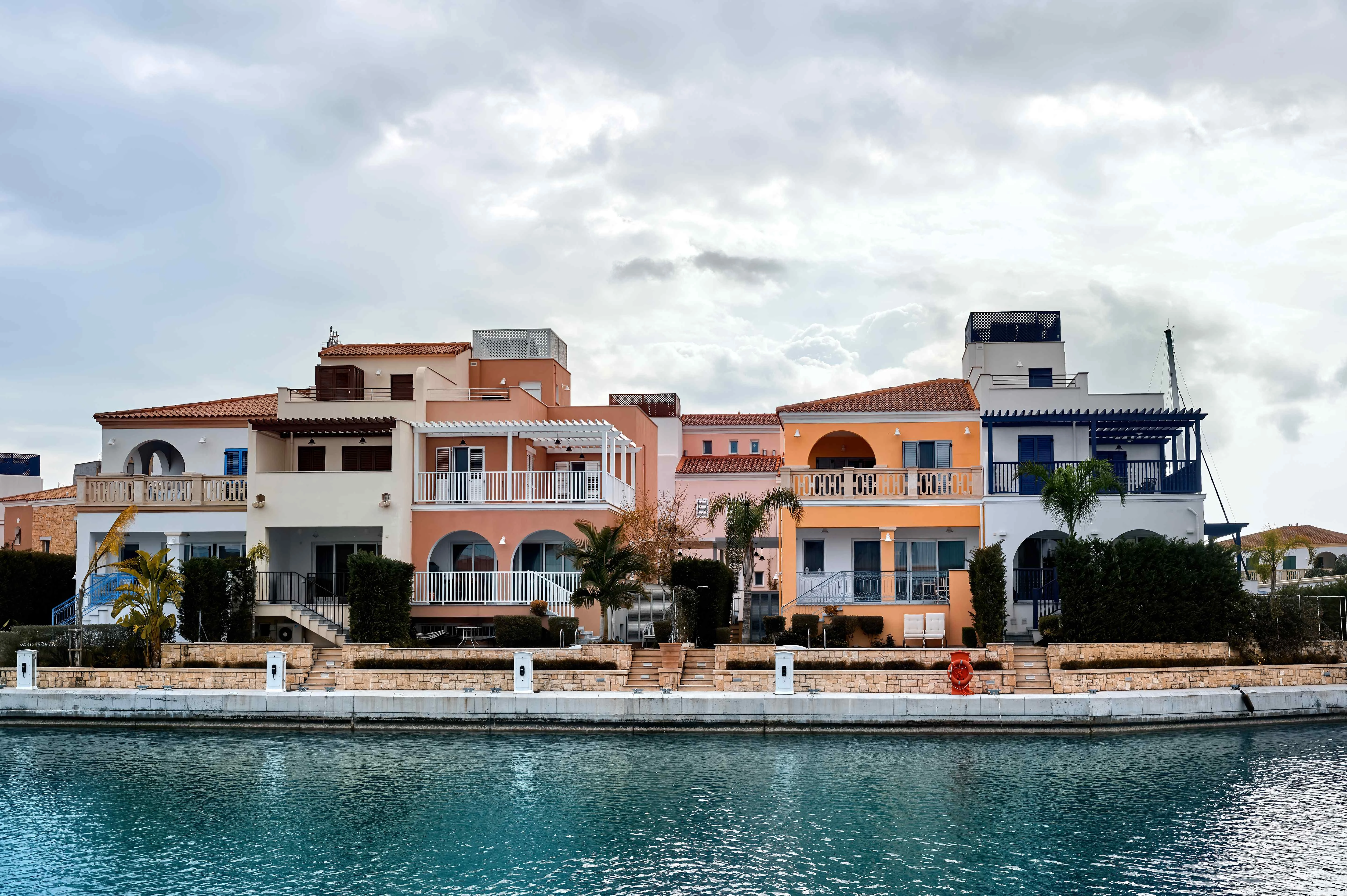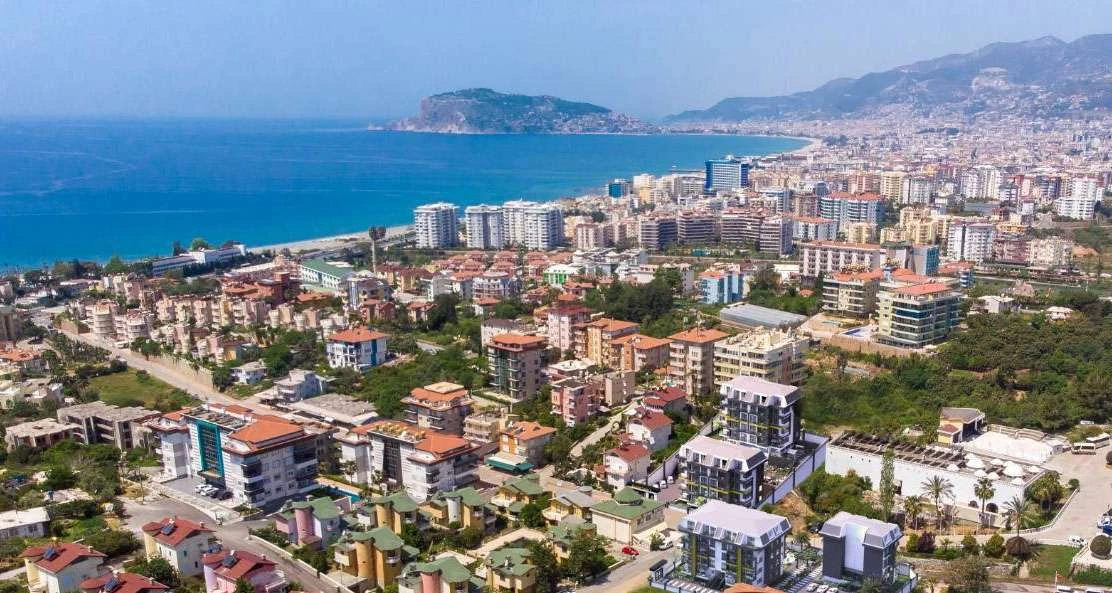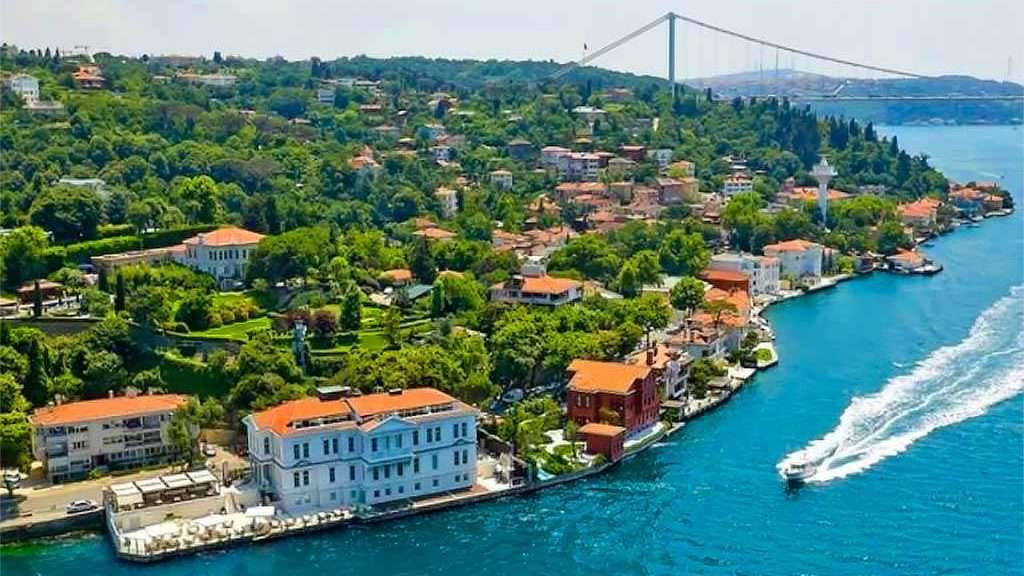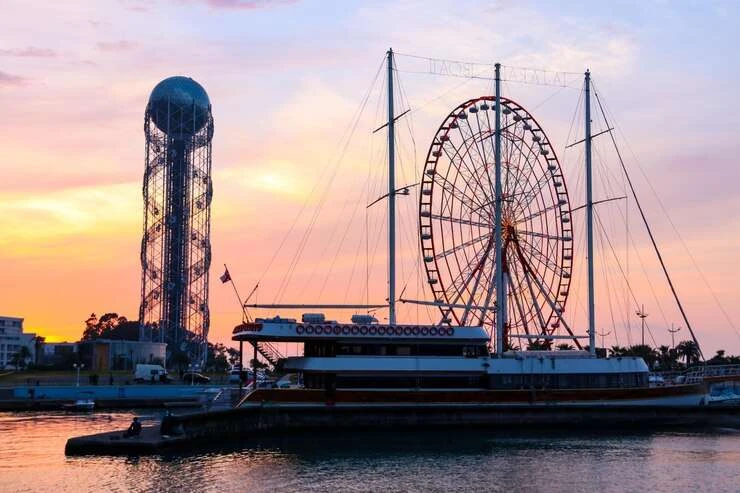The use of natural gas for domestic and industrial purposes gained relevance in the world at the very beginning of the twentieth century. At the end of the 19th century, oil production began to develop, and with it, people discovered oil gas, which is its satellite. In Russia, the first experiments on the use of gas for street gas lighting systems date back to 1813, and the first private attempts at wider household use of gas took place in 1905-1913. In Turkey, they became puzzled by the possibility of using natural gas a little later; in 1935, the Main Directorate for Research and Exploration of Mineral Resources was organized, but a small amount of gas was discovered in the country. Therefore, it became obvious that importing gas from other countries is more relevant for Turkey, and this is still relevant for the country to this day. Later, the task of building pipelines from neighboring countries arose and the first gas import came from Russia in 1986, followed by Iran.
Turkey is for the most part a warm country, especially its southern part, where the sun warms at least 300 days a year, and therefore the need for a centralized gas supply to provide hot water and space heating is not so high. Overall, more than 80% of the population in all provinces of Turkey have access to natural gas, but most of this comes from transportable gas cylinders, which are used for cooking stoves, but not for home heating or tap water. Many Turks prefer gas stoves rather than electric ones, and the country has a very developed sale of gas cylinders that are connected to a gas stove. The cylinder lasts for about 3 months of active cooking.
Not all cities in the country are centrally gasified, some are partially, only in the central regions. First of all, large cities with cooler climates, such as Ankara, Izmir, Bursa, etc., were gasified. Thus, in Istanbul, which has colder winters, almost all areas were gasified and, if desired, owners of old housing stock can connect their gas supply to the house. In Mersin province, most new residential complexes under construction currently provide natural gas supply. In Antalya, only the central regions of the province are such, although the gas pipeline is gradually being laid in other areas of Antalya. Alanya authorities report the completion of an important stage in the construction of a gas pipeline in the Ciplakli area, and soon in Alanya the central districts of Oba, Ciplakli and Cikcilli will be powered from the gas pipeline, and then gradually most of the city's districts. Thus, in areas of Turkey where foreigners prefer to purchase real estate for recreation and living, another benefit of civilization is gradually being added, making it comfortable and profitable to live in the country’s resorts.
Start Searching
- For Sale
- For Rent
Gasification of Turkey
Have a Question?
We Will be Glad to Help
+90 551 002 90 22 +90 551 002 90 22 +7 900 324 50 04 +90 551 002 90 22 +90 551 002 90 22 [email protected]
